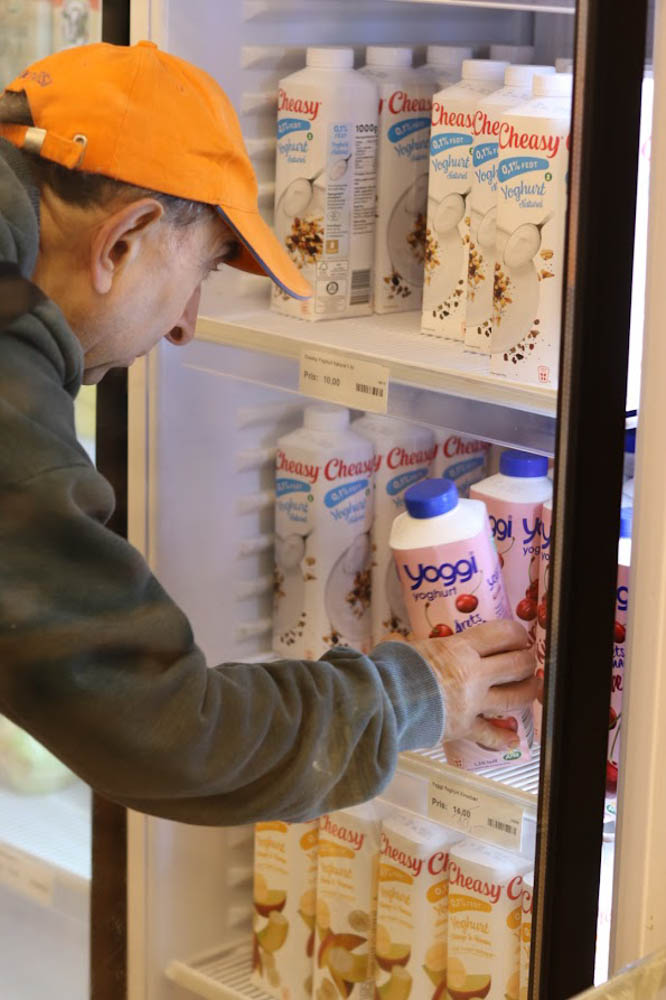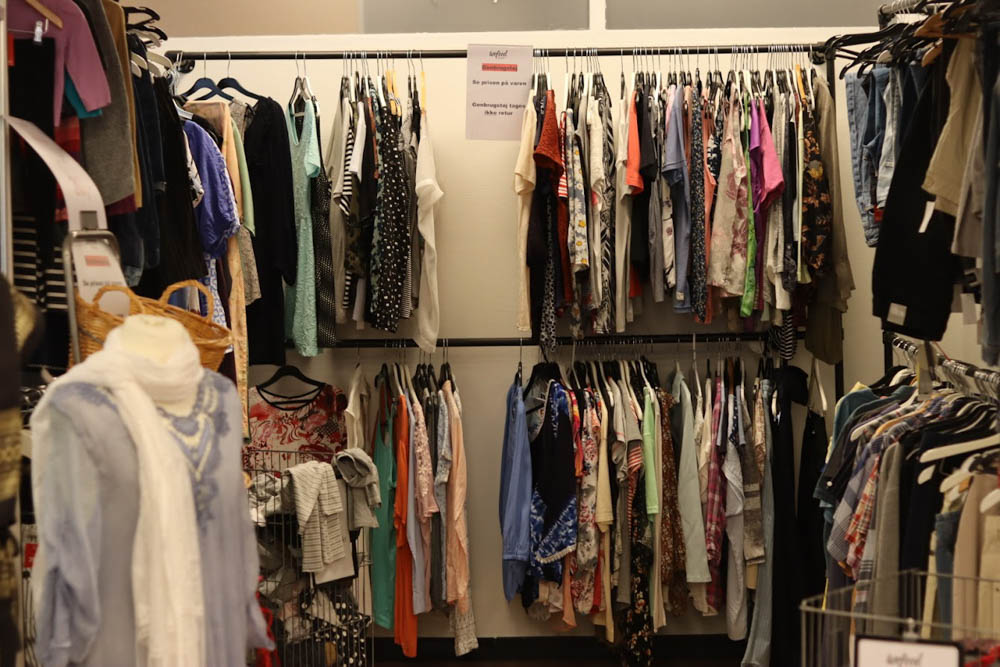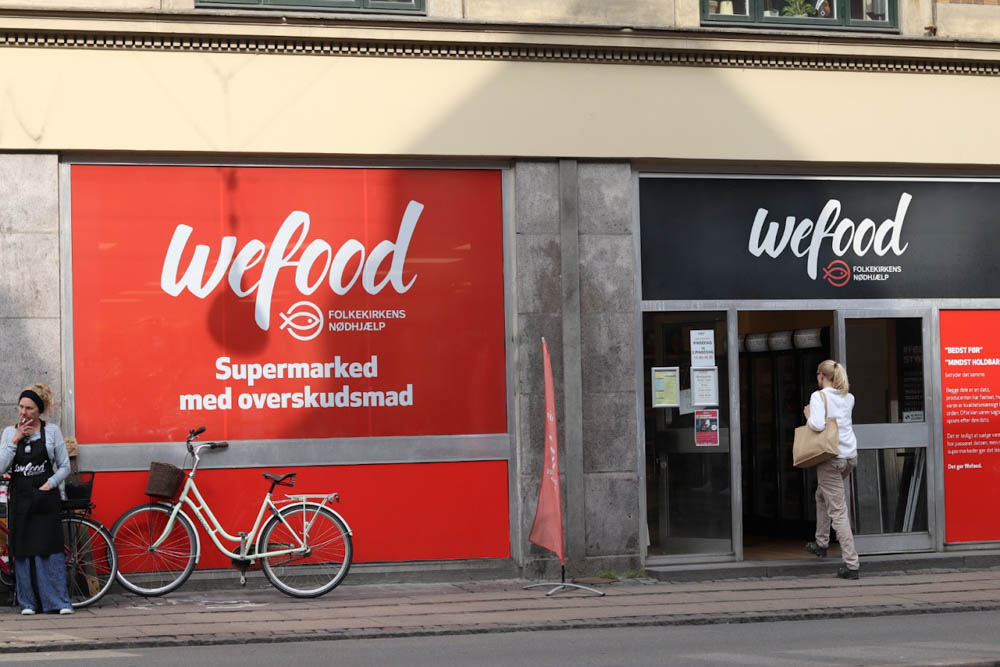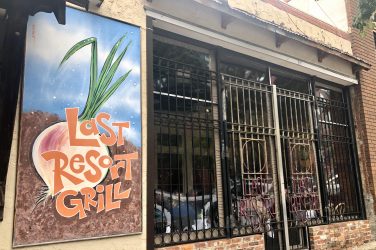Wefood, located in Copenhagen, Denmark, was the world’s first store to sell surplus foods, which extend the “best before” date but are still safe to consume. This also includes items with incorrect labels or damaged packaging but not fresh things like milk and yogurt. All are sold for a 30-50% discounted price.
The grocery store operates under the non-profit organization DanChurchAid, whose mission is to fight poverty and provide relief for the poorest. Approximately 700,000 tons of food end up in the trash yearly, with two-thirds coming from various parts of the food industry, according to the Danish Veterinary and Food Administration.
Why It’s Newsworthy: Denmark’s goal is to cut food waste in half by 2030, aligning with the United Nation’s goal for 50% global reduction. Approximately 110,000 tons of residual waste was generated in Copenhagen alone in 2019, according to Copenhagen Circular.However, Wefood saved 420 tons of food waste in the past year, store manager Claus Wedel said.

Approximately 200-300 customers shop daily, according to Wedel. One customer, Eva Hall, visits about twice a month when she’s in the area. She held two loaves of bread, debating whether to buy the more sustainable option with fewer slices or less sustainable bread with more, a dilemma she often confronts.
Hall likes to shop at Wefood because of the food waste reduction and sustainability mission. She dislikes food with additives, including sugar, salt and fat, and she can often find what she’s looking for at Wefood.
“I’m a war child, and we never threw food out,” Hall said. “I practice that all my life in my home and my children, they do the same, and my grandchildren do the same. So we just never throw things that could be reused.”
Typically, Hall’s meals include oats and dried fruit in the mornings or throwing meals together from leftovers later in the day. She frequently cooks at home because she doesn’t believe in wasting the food that she owns.
“I mean, this is nonsense going on as wasting and throwing everything out. You buy it one day and then it’s three months later, it’s thrown out and so on. It’s absolutely nonsense,” Hall said.
This Wefood location also offers a small clothing section in the back of the store. Wedel said some of the other locations have a bigger clothing area for customers to peruse.

All funds from sales are sent to various developing nations to “combat famine in impoverished countries,” according to the DanChurchAid website. All workers are volunteers, which results in irregular hours if there is a shortage of volunteers. Sometimes, the store has to close for the second half of the day if nobody signed up to work, Wedel said.
Still, Hall also mentioned she enjoys shopping at Wefood because the people are nice and it supplies some of her needs. She would like to see more variety in the future, but she supports the anti-waste movement that the store reinforces.
“I mean, you can do everything you want if you just take two minutes more,” Hall said. “It’s just as quick to put it away as throw it out. That’s my attitude anyway.”
Wedel thinks Wefood is important because the store helps people suffering from poverty. He said tourists should visit in the future because there’s nice volunteers and the shopping helps reduce food waste at a cheap cost.
Libby Hobbs is a junior majoring in journalism.









Show Comments (0)